Surabaya, MINA — The Indonesian Ministry of Religious Affairs is strengthening its collaboration with the industrial sector to transform the quality of Islamic vocational education.
Through the Madrasah Aliyah Kejuruan Negeri (MAKN) Coordination Meeting held in Surabaya from October 23–25, 2025, the ministry outlined a roadmap to better align Islamic vocational schools with real-world industry demands.
The three-day meeting brought together principals of MAKN and Madrasah Aliyah Plus Keterampilan (skill-based Islamic high schools) to design and refine the Teaching Factory (TEFA) model, a hands-on learning approach that mirrors professional industrial environments. The initiative aims to bridge the gap between classrooms and the job market, ensuring graduates are both spiritually grounded and technically competent.
Director of KSKK Madrasah Nyayu Khodijah emphasized that vocational madrasahs must evolve to stay relevant.
Also Read: Jakarta Experiences Light Rain, Signaling the Start of the Rainy Season in Late October
“Programs that enhance the quality of vocational education must continue to be developed,” she said.
Echoing her remarks, Anis Masykhur, Head of Vocational and Inclusive Education at Kemenag, highlighted the transformative role of TEFA.
“Teaching Factory brings industry into schools,” he explained. “It prepares students with practical skills and work ethics that meet the standards of modern industries.”
Some madrasahs have already adapted the model. MAN 1 Kulon Progo, for instance, introduced a modified TEFA approach known as MOTEFQ. According to Imam Muttaqin, the school’s vice principal for curriculum, the model has successfully produced confident and entrepreneurial graduates ready to build their own ventures.
Also Read: Indonesia Trains Certified Non-Judge Mediators to Curb Rising Divorce Rates
He further noted that TEFA ensures students gain not only theoretical understanding but also practical experience that meets current labor market needs. However, he acknowledged one key challenge: the shortage of qualified vocational teachers.
“Without capable instructors, even the best curriculum cannot deliver high-quality outcomes,” he said.
The Ministry plans to pilot the TEFA model across several schools, ensuring that the development of vocational madrasahs is rooted in real community and industry needs. These institutions are expected to support Indonesia’s growing demand for skilled workers in sectors like manufacturing, pharmaceuticals, and engineering.
As part of this effort, Kemenag is promoting an Industry- and Community-Based Management Approach, integrating academic learning, hands-on skills, local wisdom, and Islamic values.
Also Read: Thousands in Jakarta Urge Indonesia to Take Firm Stand Against Israel, US
The meeting also underscored the need for curriculum alignment with industry partners. Gunawan, an executive from Astra Honda Motor (AHM), shared insights on adapting school programs to meet the company’s workforce needs. Aligning curricula with AHM standards could give students broader access to training, internships, and professional certifications recognized both nationally and internationally.
Meanwhile, Prof. Dr. Syukro, a special advisor to the Ministry of Manpower, addressed a persistent issue in Indonesia’s vocational education: the mismatch between graduates’ skills and industry expectations.
“The challenge is not only producing graduates, but producing relevant graduates, those ready to meet the real demands of today’s workforce,” he said.[]
Mi’raj News Agency (MINA)
Also Read: Al Fatah Wonogiri Islamic Boarding School Students Join Disaster-Safe Education Unit Training





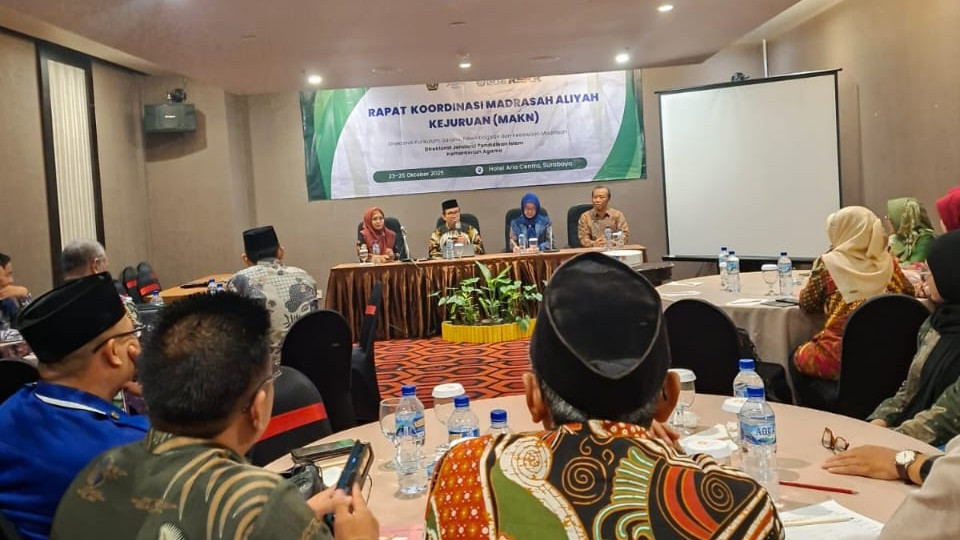


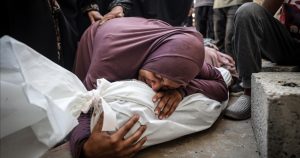

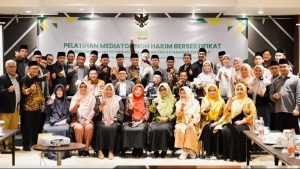
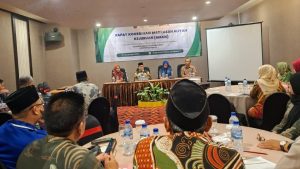

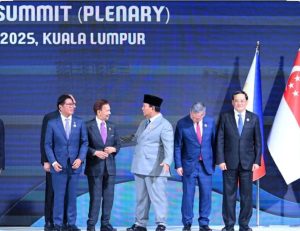
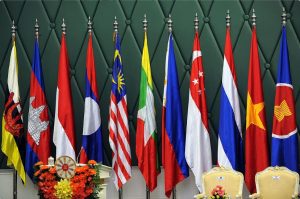
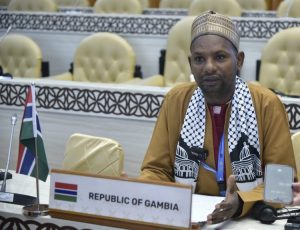
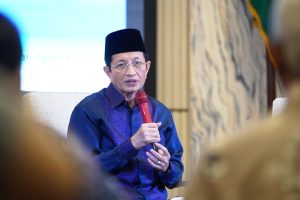



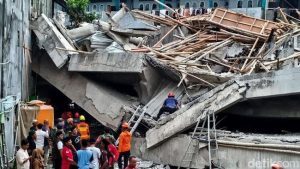


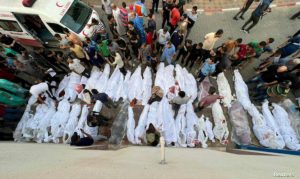
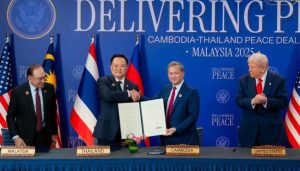
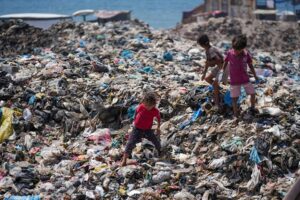
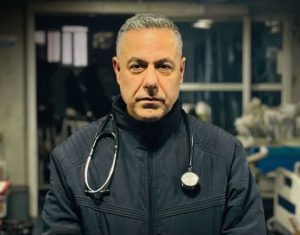


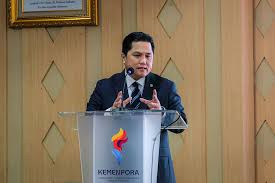



 Mina Indonesia
Mina Indonesia Mina Arabic
Mina Arabic